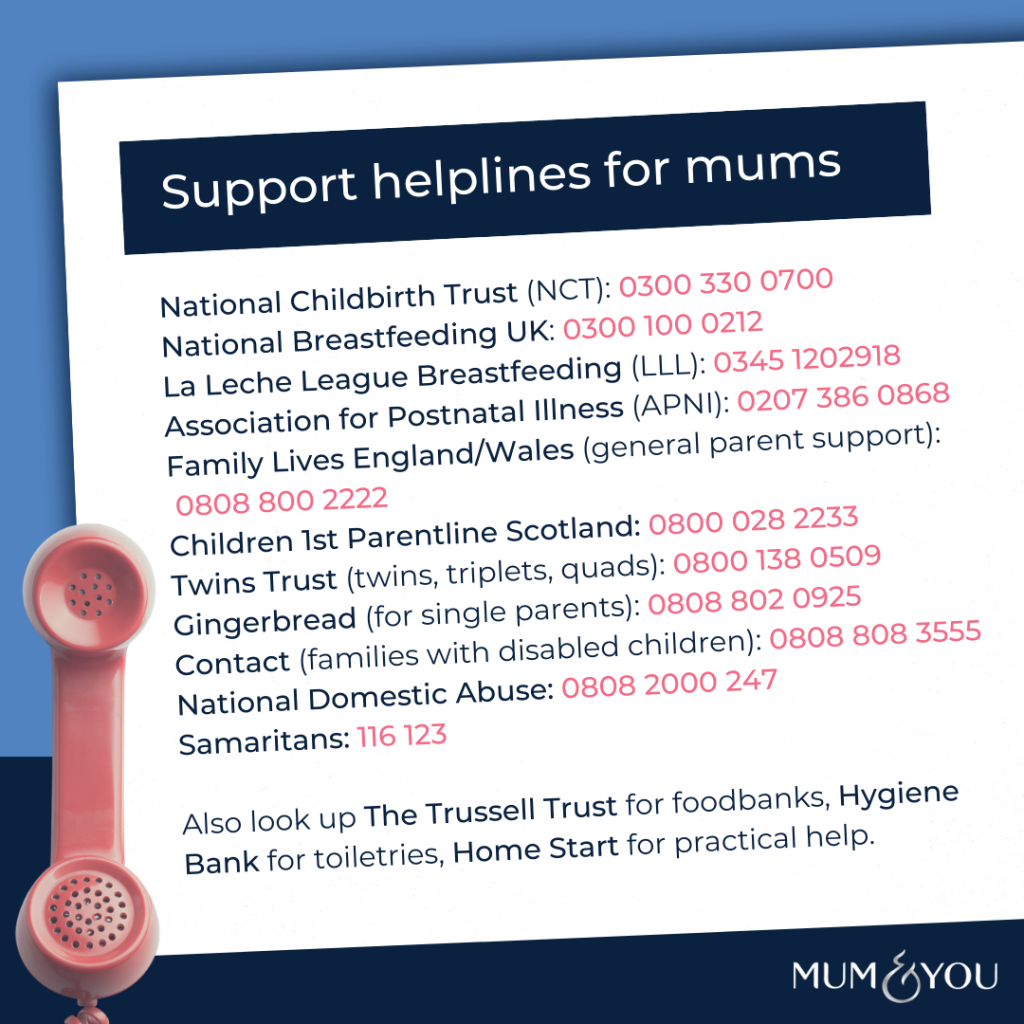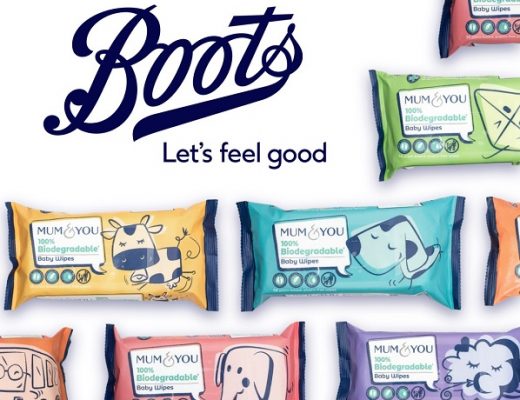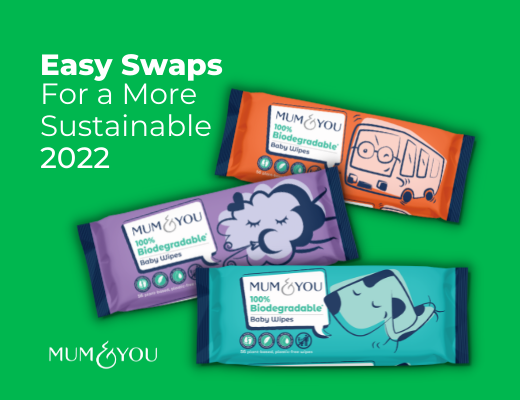Parenthood can be tough to navigate sometimes.
It’s so far from a single-track road and there isn’t a one size fits all experience, nor is there a universal guide on how to effectively bring up a tiny human (or two, or three or more?!) all whilst keeping it together. It feels hard because IT IS HARD and some days feel so overwhelming. But we can tell your right now, take a moment to take a breather and tell yourself… “Mama, you’re doing great. You’re a good mum”.
And if you’re struggling, sometimes it’s as simple as reaching out to family or a friend and being open about your experiences over a cup of tea (or wine). Other times, it’s about knowing that practical support is out there if you really need it.
That’s why we want to take the time to share some helpful resources with you. Whether you find yourself needing some positive affirmation, would like a simple tip or two, or would like some practical help, we’ve got you covered in this blog.

Support Online & Books
When it comes to online resources, there are some great options that we always find ourselves returning to time and time again. One of our personal favourites is Dr. Alex George who has, since his Love Island debut, shared his personal mental health experience, recorded Stompcast podcast sharing stories of mental health while out walking, published books focusing on mental health in adults and young adults and been appointed the position of Youth Mental Health Ambassador.
PANDAS UK is another great online resource. PANDAS is a community offering peer-to-peer support for parents, families and their networks if you are suffering or know someone suffering from perinatal mental illness.
We also love turning to funny mum content creators who help us feel normal in our thoughts and experiences in motherhood. Our faves are @Mum_and_a_mic, @Kids_and_the_commute, @Carlafreeman and @mykindamum.
As parents, it’s easy to forget about ourselves and what we need to thrive. Try and incorporate these simple things into your routine that will help to lift your mood when you’re not feeling yourself!
Call a friend
Or drop them a WhatsApp! This one is an obvious one, but one many of us feel too embarrassed to do. The last we want to do is become a burden! But we promise, one of the best feelings is opening up to a friend or family member and them saying they’ve experienced a similar problem – “I’m not the only one!“.
Always remember our lovely customer service team is available over the phone or via email if you fancy a chat or a moan (we know we do!).
Get Moving
As parents, we seem to spend the majority of our day moving. Though running after your toddler may feel like a work out, it’s important to try and take part in some more focused movement. Take some time to stretch out on a yoga mat, go for a walk or try a workout on Youtube, all of which you can do around your children when they nap or while they play (yes at first they’ll probably try climbing on you but eventually they’ll go and play or even join in!). YouTube is great for free workout videos. We love fitness expert Joe Wicks, he’s got thousands of free videos from Hiit to strength training from beginners to advance, and starting from 10 mins when time is short to longer routines. And if you can escape for a run, Couch to 5K is great free app to help you slowly build up running for 30 minutes if you’re new to running. The key is to raise your heart rate, get your blood flowing, release as many endorphins as possible and make it part of your routine!
Eat Well
This one can be tricky when our meals mainly consist of baby leftovers. But if you are able to, take the time to cook a nutritious meal to feed your senses, if even just a few times a week. Balance is key here and you absolutely deserve it. We love @Emthenutritionist for healthy ideas and @TamingTwins for family meals.
Get Outside
Get out and about, even if it’s just to pop to the top of the road. Walk to your favourite coffee shop with baby or take a detour through the park. If you take public transport, get off a bus stop early and walk. Feeling the air in our lungs and natural sunlight on our skin really does wonders.
We also like the idea of “Sleep Well”, but let’s be totally realistic, that can often be pretty tough with a baby in tow! Nice idea though…
If you fancy a chat or would like some extra support, talk to your health visitor or even your GP. Always remember that there are some fantastic helplines out there that were set up to support you!

We hope this blog has proven itself to be useful. If you have any tips or resources that you have found helpful, please do let us know in the comments – we love to hear from you!
What to read next…





No Comments